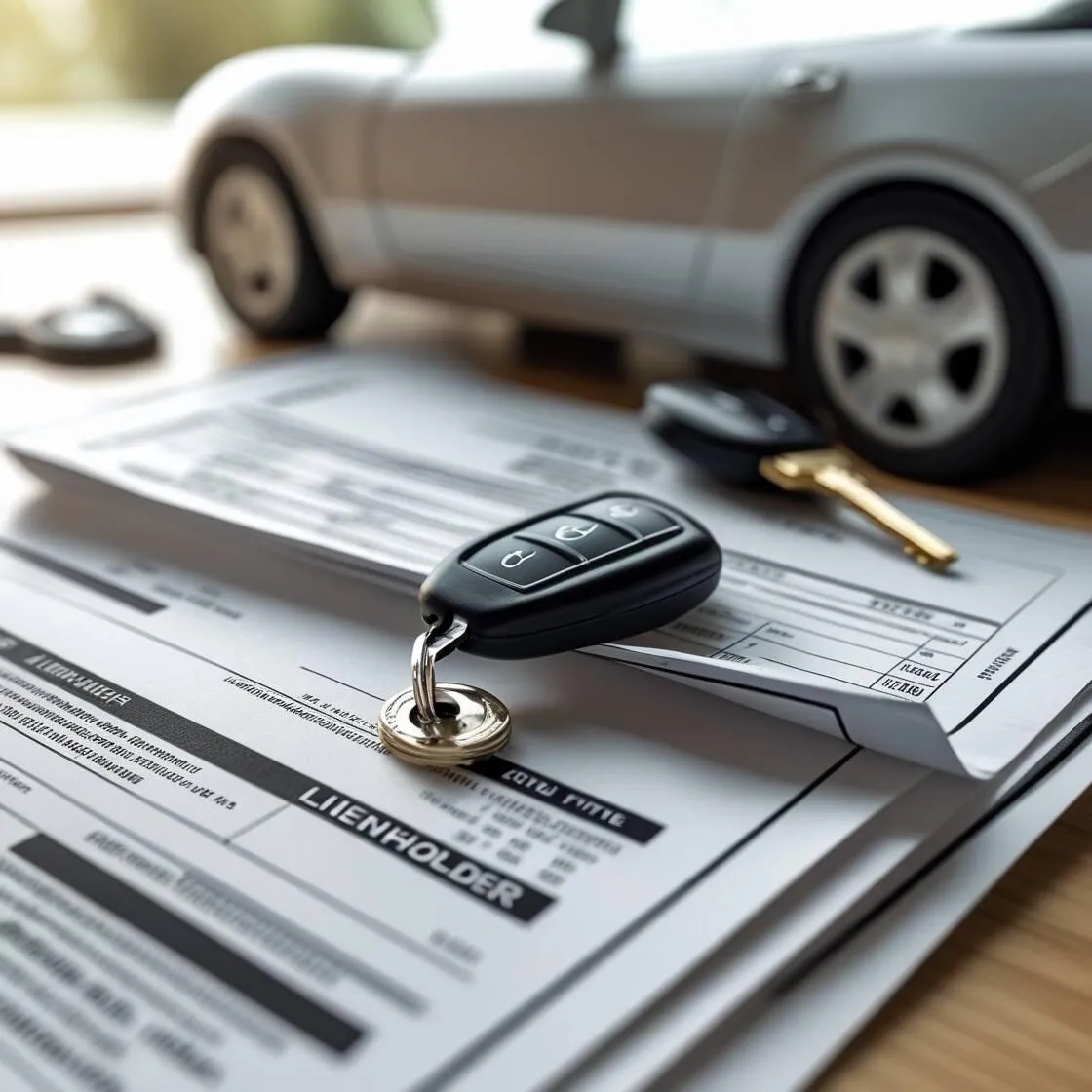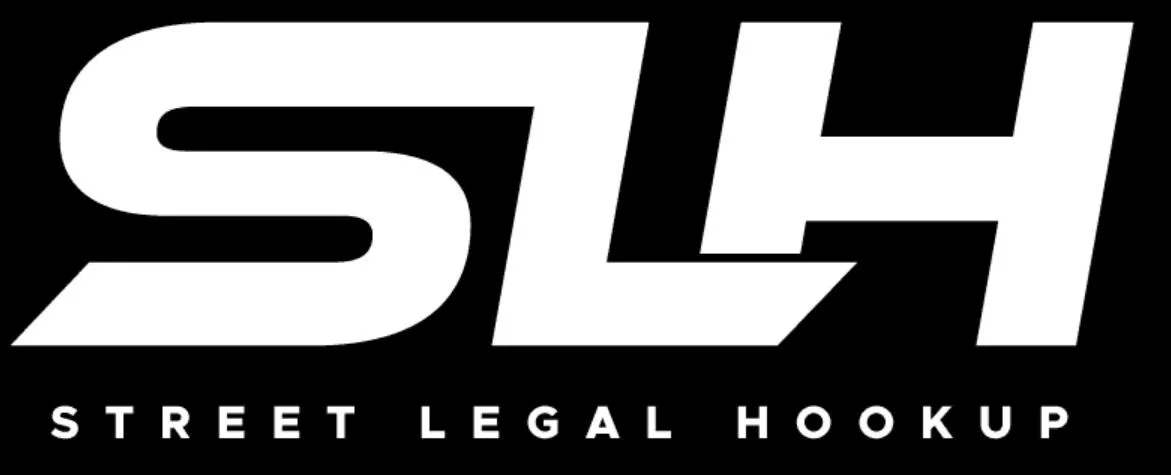
Hidden Liens on a Car Title: What They Are and How to Spot Them
Buying a used vehicle like a classic car, RV, or unique import such as a Japanese Kei truck can be thrilling. But picture this: You buy a vintage motorcycle, only to learn months later it's linked to a $12,000 debt from the old owner's unpaid loan. This issue comes from a hidden lien. It can turn your exciting purchase into a big legal and money problem. Hidden liens are claims on a vehicle that don't show up in basic title checks.
They often cause delays in registration or surprise costs. This guide explains what liens are, why they stay hidden, and how to protect yourself when buying any vehicle, from regular cars to special off-road ones.
Understanding Liens on Vehicle Titles
A lien on a vehicle title is a legal claim by someone owed money, like a bank, mechanic, or government office. It secures an unpaid debt. The lien holder keeps rights to the vehicle until the debt is paid off. This can stop you from registering or fully owning it. For instance, if you buy a used RV with an active lien, you might hit delays at the DMV or even lose the RV to repossession.
Knowing your rights to fight a lien can save you from money troubles, especially with common car title problems that mess up ownership. Checking for hidden liens helps you dodge surprises, especially with tricky vehicles like military surplus Humvees or custom ATVs. If ATVs are your thing, our ATV registration without title guide shares key steps you shouldn't miss.
Liens are common in vehicle sales, especially used cars. Banks hold 28.4% of the used finance market in Q1 2025, with overall financing trends showing many transactions involve active liens, according to Experian data. They impact all types, including motorcycles, trailers, and off-road models. It's key to know their effects before you sign a deal. For bikes, our motorcycle registration guide makes the process easy.
Different Types of Vehicle Liens
Liens differ based on the debt they cover, and each brings its own risks. Here are the main types you might face when buying a vehicle:
Auto Loan Liens: These happen when a vehicle is bought with a loan from a bank or lender. The lender holds the title until the loan is paid. This affects millions of used cars each year. For state details, see our car title transfer process in the Texas guide.
Mechanic’s Liens: Repair shops can add liens for unpaid bills. This is common on classic cars or off-road vehicles like UTVs that need big fixes. UTV fans, our best street legal UTVs list spotlights lien-free options.
Tax Liens: Government groups add liens for unpaid taxes or fines. These can block title transfers in any state and complicate buying a used car. Get tax tips from our classic car tax protection guide.
Title Loans: Short-term loans use the vehicle as backup, creating liens. They're often hidden in private sales of motorcycles or RVs. Avoid them with our RV registration guide.
Legal Judgment Liens: Courts add liens from lawsuits, like unpaid settlements. These hit high-value collector cars with unpaid loans. Collectors, our Montana classic car registration guide explains how to navigate registration and compliance.
Each type can block registration or lead to repossession if ignored. Always check vehicle history. Specialty vehicles like imported Kei trucks are extra at risk due to complex papers. If Kei trucks interest you, pair this with our dirt bike street legal guide for off-road tips.
Unlike regular liens that show on the title, hidden ones skip normal checks. This makes them a big danger. Knowing these types helps you spot what to watch for.
The Risks of Hidden Liens
Hidden liens are claims on a vehicle that don't appear on the title or in basic searches. They often come from mistakes or scams. They cause big problems for buyers, especially with cross-state buys or unique models like military Humvees. Here’s why they're an issue:
Blocked Registration: A hidden lien can halt title transfer, delaying registration for an ATV, RV, or car in any state. This means you can't drive legally get ahead with our step-by-step RV registration guide.
Unexpected Costs: You could end up with debts from $5,000 to $20,000. The National Motor Vehicle Title Information System (NMVTIS) reports many lien fights. Skip these with our common RV registration mistakes guide.
Repossession Threat: The lien holder can take back the vehicle, even after you paid the seller. You'd lose the ride and your cash.
Lower Resale Value: Lien vehicles are tough to sell. This hurts collectors who want to trade classic cars or motorcycles. Boost value with our classic car tax savings in Montana guide.
For off-road fans or collectors, hidden liens are extra tough. Specialty vehicles have detailed title steps. One lien can delay ownership for months or spark costly court fights, especially with unpaid loans. If modded vehicles are yours, our registered highly modified cars out-of-state guide changes the game.
The money hit is real. A 2023 Carfax study showed 1 in 10 used vehicle buys has a lien problem, with fix costs over $7,000 on average. This shows why deep checks matter before buying, to confirm no liens.
Steps to Identify a Lien on a Title

Figuring out a title's status is simple if you follow the right path. These steps help uncover hidden liens on any vehicle, from everyday cars to lien-troubled ones. Here’s how to stay safe:
Check the Physical Title: Look for a "Lienholder" spot or stamp. No liens mean the title is clear, easing ownership transfer. But hidden ones might not show, so don't stop here to fix issues with our car title errors when selling guides.
Run a VIN Check: Use tools like Carfax, AutoCheck, or NMVTIS for history. Type in the Vehicle Identification Number (VIN) to spot liens, theft, or damage. These catch what title checks miss. For mismatches, try our car title VIN mismatch tips.
Contact the DMV: Many state DMVs offer cheap or free lien searches. Check with the seller's state DMV, especially for out-of-state buys common with RVs or specials. For costs, see our California car registration breakdown.
Review UCC Filings: These Uniform Commercial Code records list unnoted liens. Find them on your state's DMV site. Key for complex rides like ATVs or Kei trucks. State ATV help? Read Our make ATV street legal in Florida guide.
Request a Lien Release: If the seller says the debt's paid, get a release paper from the lender. This proves the title is free.
These steps matter for U.S. buyers, especially private or specialty deals. For tough cases, title pros can help spot all liens. Clear up basics with our titling vs. tagging vs. registering guide.
Be careful with each step. VIN checks cost $10–$40 but save big on lien fights. DMV fees vary free in California, $2–$5 in Texas. Always check out-of-state titles, as liens might not cross borders. Texas details? Our Texas car registration cost guide.
For specialty vehicles like military or imports, extra checks help. They have special rules, raising unrecorded lien risks. A full check avoids shocks especially classics without VINs, via our no VIN classic car guide.
What to Do If You Find a Lien Before Buying
Spotting a lien early gives you power. Walk away if the seller won't fix it, or negotiate a lower price to cover payoff. Get everything in writing. Consult a lawyer for big liens or complex cases. This prevents inheriting debt and ensures a smooth buy. For extra protection, consider title insurance that covers hidden liens that pop up later.
Causes of Hidden Liens
Hidden liens come from errors or tricks that beat standard checks. Knowing why helps you stay alert. Common causes:
Clerical Errors: Lenders or DMVs forget to record liens. NMVTIS says 10% of disputes come from this. Fix mileage ones with our car title mileage guide.
Fraudulent Sales: Sellers hide liens with fake titles or skipped details, especially private sales.
Out-of-State Issues: Other state liens might not show locally. Common for cross-country classic or trailer buys. Handle our best states for RV registration list.
Unreported Title Loans: Short loans often skip title stamps, leaving you clueless.
These hit specialty vehicles hard, with tricky papers. Imported Kei trucks might have overseas liens missing U.S. records. Auctioning military vehicles could hide old claims. For barn finds, our title barn find car guide stops traps.
Fraud liens are rare but risky. FTC data shows 21,446 auto lease or loan identity theft reports in Q1 2025 alone, up 71% from prior periods, pointing to rising title fraud risks. Scammers forge papers to hide debts. High-value buyers like classic car fans are targets check realness with our verify classic car originality checklist.

Resolving a Hidden Lien
Discovering a lien after buying feels tough, but steps can fix it. Here's a plan for any vehicle, from cars to UTVs:
Confirm the Lien: Use Carfax or NMVTIS VIN check for details on status, amount, and holder.
Contact the Seller: Ask them to pay or give a release. Write it all down.
Negotiate with the Lienholder: Talk to the lender about settling. Old liens might drop if not worth chasing.
Seek Professional Help: For tricky liens on specials like Humvees, title services help. Try our bonded title for classic car USA guide.
Update the Title: With the lien cleared, send release to DMV for new title and easy registration.
Fix times vary from small liens quick, big ones months. Title services speed complex histories.
Costs tie to debt and fees. Settling a $5,000 mechanic lien might run $1,000. Tax liens add fines. Document everything to avoid later fights.
The Importance of Lien-Free Titles for Registration
A clear title without liens is vital for registering any vehicle, from cars to ATVs or Kei trucks. No clear title means big roadblocks:
DMV Rejections: States won't transfer lien titles, blocking registration. Common in out-of-state buys ease with our motorcycle registration checklist.
Extra Costs: Unfixed liens bring penalties, wiping private sale savings. Tax liens pile on fines save with our Flat fee RV in Montana guide.
Ownership Disputes: Liens spark legal fights, especially high-value RVs or classics.
Specialty vehicles face more, with multi-agency or global records. Clear titles mean legal driving fast. Military surplus might need federal OK, liens complicated. Classics? Our register classic without title USA guide.
DMV rules vary nationwide. California needs lien clear in 30 days, Texas gives 60 for active liens. Check early to save time and money. For California dirt bikes, our make dirt bike street legal California guide ties in perfectly.
Streamlining Vehicle Title Checks
Ensuring a lien-free title is key for a smooth buy, whether a car, motorcycle, or specialty like a UTV or Humvee. Check the title, run VIN searches, and verify with DMV to skip hidden lien risks. These protect your money and ease registration, dodging costly delays or legal hassles. For e-bikes, extend knowledge with our e-bike street legal guide.
For complex or nationwide buys, title services handle checks and fixes for a clear title. Start your lien-free process today to drive confidently especially snowbirds, our snowbirds save big with Montana RV registration uncovers must-know savings.
FAQs About Hidden Liens on Car Titles
What is an undisclosed lien on a vehicle?
An undisclosed lien is a legal claim, like an unpaid loan or repair bill, not listed on the title or in standard searches due to errors or fraud. It can block registration or lead to repossession, especially for specialty vehicles like Kei trucks. For state-specific UTVs, start with our street legal UTV guide West Virginia.
Do liens show up on title search?
Most liens appear in DMV or VIN searches, but hidden ones may not due to unrecorded claims. Check UCC filings and request a lien release to confirm a clear vehicle history report for any vehicle, from cars to RVs. Avoid RV pitfalls via our how to avoid common RV title mistakes.
How to check a VIN number for liens?
Enter the VIN into services like Carfax, AutoCheck, or NMVTIS to review lien, theft, or salvage history. These reports help ensure a title has no liens, protecting you from hidden claims. For classics, our classic car registration any state guide complements this.
How do you know if a car is registered in your name?
Verify with the DMV using the VIN or check the title for your name. A lien can delay registration, requiring clearance from the lien holder before the vehicle is legally yours. For school bus conversions, see our how to register a converted school bus toy hauler.
Can you put a lien on a car that is not paid off?
Yes, additional liens, such as mechanic’s or tax claims, can be added to a financed vehicle, complicating the process of buying a used car. This complicates ownership, so always verify the lien meaning on a title before buying.



